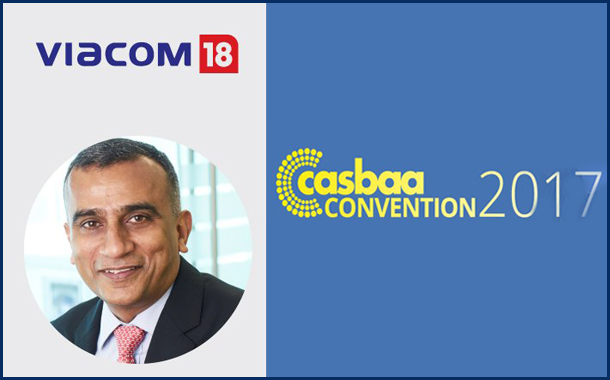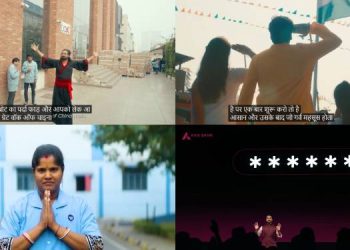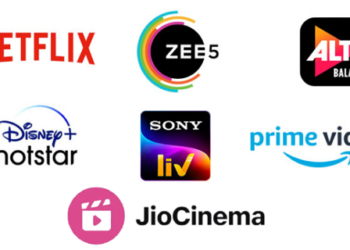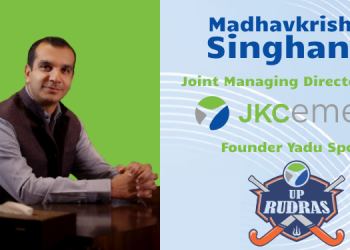News of the Pay-TV and digital video markets in India topped the agenda as the second day of the CASBAA Convention 2017 in Macau kicked off on Wednesday morning with top professionals from leading Indian Media entities lined up with their presentations.
As the Keynote Speaker for the day, Sudhanshu Vats, Group CEO Viacom18, said that “India’s market evolution is now similar to that of China. In 2017 India is where China was in 2011”, and the opportunities remain enormous.
However, “as in China, we need a robust pipeline for content and creative talent, but the challenge is developing that talent, and retaining it. Secondly, media companies need to pivot a little bit to be vertically capable. That’s why Viacom18 will build an engineering hub in Bangalore which will help us with our technical products”.
“What has surprised me is the nature of the media disruption we are experiencing in India. Not long ago you wouldn’t have expected some of the big media companies to consolidate with the telecom companies.”

While recaling his 2 years of Journey with BARC, the CEO – Partho Dasgupta said, “BARC is in the unenviable position of being both the joint industry body and the operator of the service. It was a herculean task to change the currency… The broadcasters took the lead and the advertisers, agencies came in followed by the government and regulators. BARC has now collected 7.5 petabytes of data which will move to about 20 petabytes in a couple of years.
“An improvement in India’s global ranking for the ‘Ease of Doing Business’ is not just eyewash”, said NK Sinha, India’s Secretary for Ministry of Information and Broadcasting (MIB) during a special CASBAA Convention 2017 conference session dedicated to the India market with a focused on satellite, broadband and content issues.
Sinha added that talks between the Department of Space (DoS) and the Indian Space Research Organisation (ISRO) remain on-going on the liberalisation of licensing constraints on Indian Pay-TV platforms and channels capacity leasing on foreign satellites.
Meanwhile, RS Sharma, chairman of the powerful Telecom Regulatory Authority of India (TRAI) said his organisation continues to press for an “open skies” satellite policy. But “these are not issues of principle, but of operation”, he told the CASBAA annual meeting.
Referring to the provision of broadband services for India, for which TRAI is also responsible, Sharma also had words of encouragement for satellite operators saying that to ensure affordable broadband in rural areas, India needs to make use of satellites. He added that TRAI is studying stakeholder comments on a consultation paper on the ease of doing business in the broadcast sector “to resolve matters”.
As for the rollout of a multi-million dollar National Fibre Network in India, or Bharat Net, Sharma said the project now has a “public-private” business structure, not only for broadband data distribution, but also for the delivery of video services. “Come, analyse and invest in the Indian broadcast sector”, he told the 400 CASBAA delegates in one of Macau’s vast casino complexes.

















